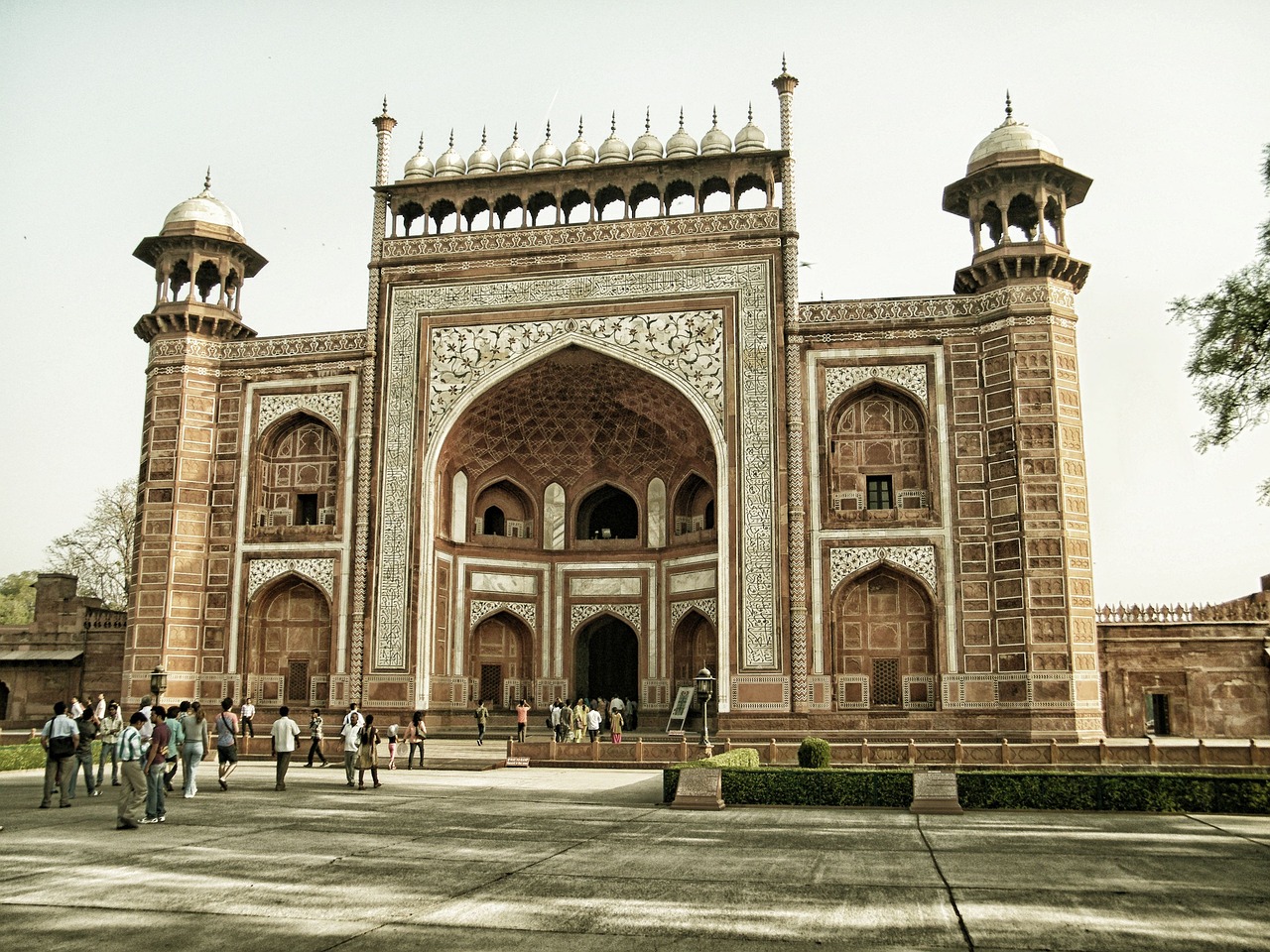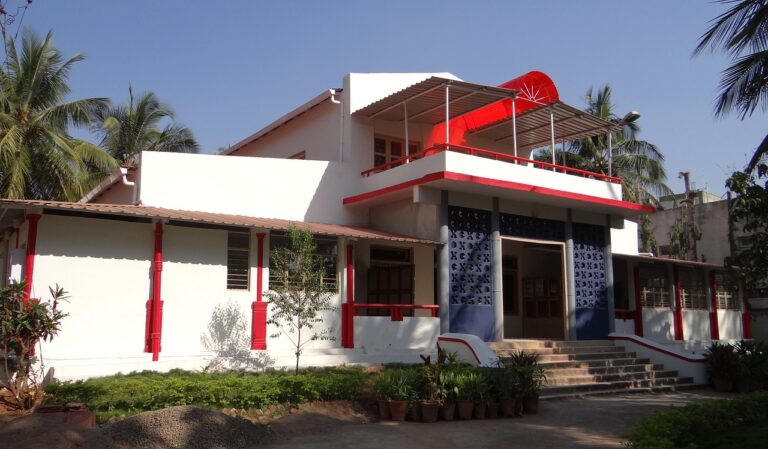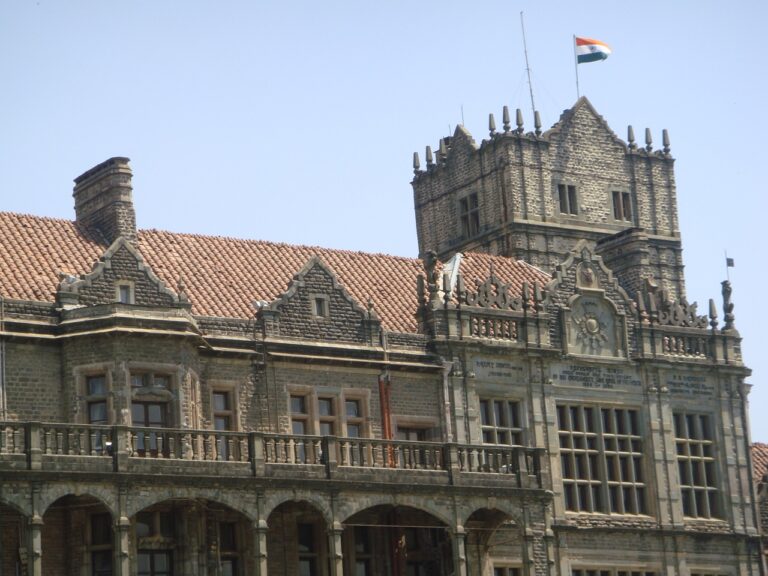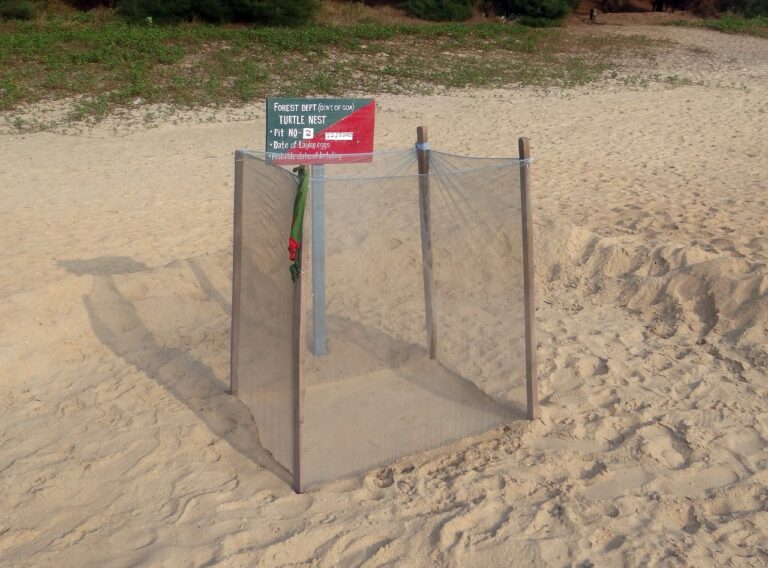The Role of Data Privacy in Election Campaigns: Betbook250 com login, Reddyanna247, Play lotus365.com login
betbook250 com login, reddyanna247, play lotus365.com login: Political town hall meetings are an essential tool for elected officials to engage with their constituents. These meetings provide a platform for citizens to voice their concerns, ask questions, and hold their representatives accountable. However, organizing a successful town hall meeting requires careful planning and execution. In this article, we will discuss the best practices for organizing and conducting a political town hall meeting.
1. Choose the Right Venue
Selecting the right venue is crucial for the success of your town hall meeting. Make sure the location is easily accessible to your constituents and has adequate seating capacity. Consider factors such as parking availability, public transportation access, and any necessary accommodations for individuals with disabilities.
2. Publicize the Event
Effective promotion is key to a well-attended town hall meeting. Utilize a combination of traditional and digital marketing strategies to reach a broad audience. Consider sending out press releases, posting on social media, and reaching out to local community organizations to help spread the word.
3. Invite Diverse Speakers
It’s essential to have a diverse range of speakers at your town hall meeting to ensure a variety of perspectives are represented. Invite not only elected officials but also community leaders, subject matter experts, and grassroots activists to participate in the discussion.
4. Set Clear Objectives
Before the town hall meeting, establish clear objectives for what you hope to achieve. Are you looking to address a specific issue, gather feedback on a proposed policy, or simply provide a platform for open dialogue? Communicate these objectives to both participants and attendees to ensure everyone is on the same page.
5. Manage Time Effectively
Town hall meetings can quickly veer off track if not managed effectively. To avoid chaos, set a clear agenda with allotted time for each speaker or topic. Consider using a moderator to keep the discussion on track and ensure that all participants have an opportunity to speak.
6. Foster Civil Discourse
Political town hall meetings can sometimes become contentious, especially when discussing controversial issues. Encourage respectful dialogue by setting ground rules for behavior, such as no personal attacks or interruptions. Emphasize the importance of listening to different viewpoints and finding common ground.
7. Provide Opportunities for Q&A
One of the primary purposes of a town hall meeting is to allow constituents to ask questions and engage with their representatives. Allocate sufficient time for a Q&A session where attendees can voice their concerns and receive answers from the speakers. Consider using a microphone or written question cards to facilitate the process.
8. Collect Feedback
After the town hall meeting, collect feedback from participants to evaluate the effectiveness of the event. Send out surveys or questionnaires to gather insights on what worked well and areas for improvement. Use this feedback to inform future town hall meetings and make them even more successful.
FAQs:
Q: How can I ensure a diverse audience at my town hall meeting?
A: To ensure a diverse audience, consider partnering with local community organizations, schools, and churches to help promote the event. Offer translation services if needed and provide accommodations for individuals with disabilities to make the event accessible to all.
Q: What should I do if a town hall meeting becomes unruly or disruptive?
A: If a town hall meeting becomes unruly or disruptive, remain calm and address the situation promptly. Consider having security personnel on-site to intervene if necessary. Remind attendees of the ground rules for behavior and ask disruptive individuals to respect the decorum of the event.
In conclusion, political town hall meetings are a powerful tool for engaging with constituents and fostering democratic participation. By following these best practices, you can organize and conduct successful town hall meetings that promote open dialogue, civic engagement, and accountability. Remember to plan ahead, promote effectively, and foster a respectful environment for meaningful discussions.







